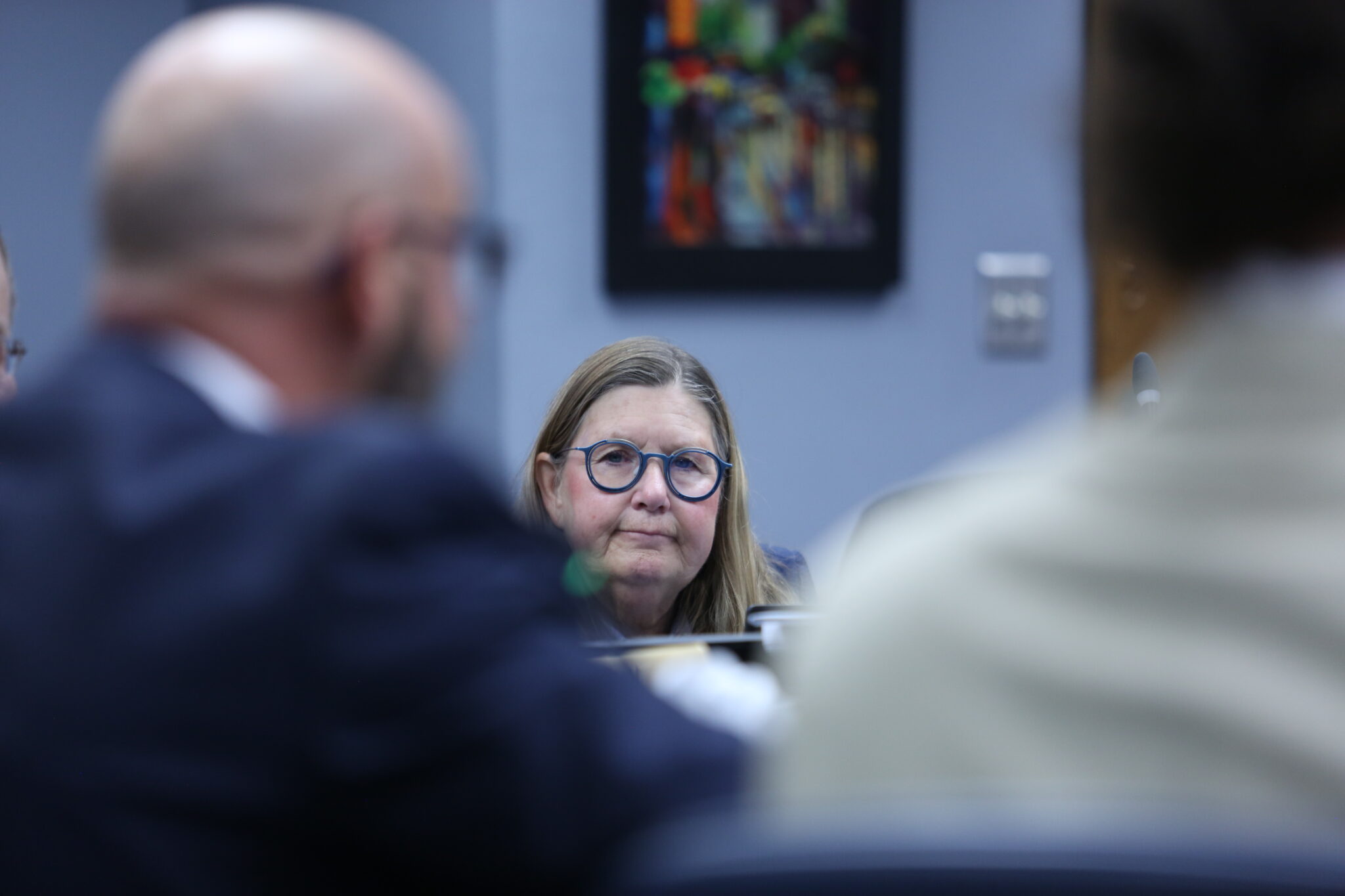
Seth Tupper, Makenzie Huber – South Dakota Searchlight
A bill to include South Dakota in a summer food program for children advanced to the next step of the legislative process Wednesday in Pierre, while legislation to expand eligibility for reduced price school meals was rejected.
Lawmakers moved a bill forward that addresses the federal government’s Summer Electronic Benefit Transfer Program for Children. It provides eligible low-income families with $40 per child, per month in preloaded cards to buy groceries during the summer months.
Food is covered by the federal government, but administrative costs for the program are split with participating states.
Republican Gov. Kristi Noem’s administration declined to participate in the program.
The bill from Rep. Linda Duba, a Democrat from Sioux Falls, would require state officials to take steps necessary to begin participating in the program by 2025. She said 36 states and several territories have opted into the program for 2024.
“I’m asking you as people who support families and students in South Dakota to make that move,” Duba said.
At least 54,400 South Dakota children would qualify for the program through their existing qualification for free and reduced price school meals, according to Duba.
The bill would allocate about $29 million in anticipated federal funds to cover food purchases during the summers of 2025 through 2029, and $150,000 in state funds to match $150,000 in federal funds for administration of the program.
Noem’s Bureau of Finance and Management commissioner, Jim Terwilliger, testified against the bill. He said its roots are in a federal pandemic program that was burdensome for the state to administer. He also said existing food assistance programs provided 400,000 nutritionally balanced meals last summer at 95 sites across the state. Preloaded benefit cards, he said, could allow for the purchase of non-nutritious food.
Duba countered that existing summer meal programs only serve those who have transportation to meal sites at the designated times. She said preloaded cards provide families with more flexibility.
The House Education Committee voted 9-4 to send the bill to the Legislature’s main budget panel, the Joint Appropriations Committee, for further consideration.
Reduced price meal expansion fails
Also Wednesday, a bill that would have expanded the number of students eligible for reduced price school meals was rejected 6-0 in the House Appropriations Committee.
Currently, students from families making 130% to 185% of the federal poverty level qualify for federally funded reduced price meals, and students from families making less than that qualify for free meals. That translates to annual household income of $39,000 or less for families of four qualifying for free meals, and income of $55,500 or less for families of four qualifying for reduced price meals.
The bill would have raised eligibility for reduced price meals to 209% of the federal poverty level — an income of $62,700 or less for a family of four — and used state funds to pay the additional costs.
Terwilliger estimated the annual cost would be between $1 million and $1.5 million.
“I think it’s a bad precedent,” he said. “I think it’s something to be cautious about.”
Sioux Falls Republican Rep. Tony Venhuizen said the bill could open the door to more state funding of federal programming. He referenced federal funding during the COVID-19 pandemic that temporarily made school meals free for many more children.
“This was an idea that we never heard about, in my memory, and then the federal government offers it for a year or two and all of a sudden there are bills on it and it’s something that we ‘have to do,’” Venhuizen said. “I think this shows how dangerous it is in a way to create a culture of too much dependence.”
Earlier during the legislative session, a bill to expand eligibility for free school meals also failed.
